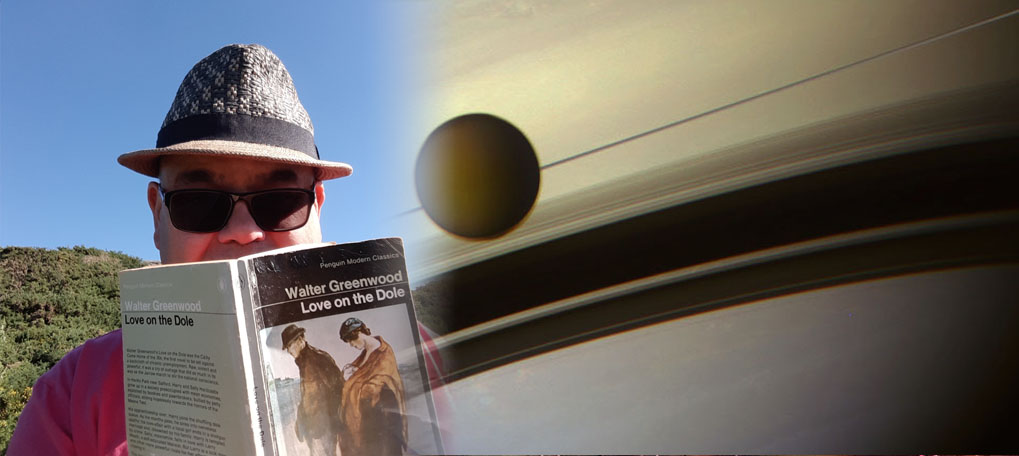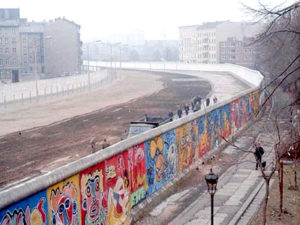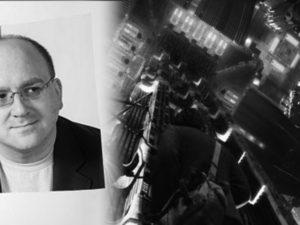
By Nick Hubble
A key part of the purpose of the Shadow Jury last year was not just to comment on the award itself but also on its unofficial status as one of the key hubs, in the UK at least, for a critical articulation of the wider and deeper concerns of SFF fan, convention, and reviewing culture. I think we did achieve that to some extent but I hope that the tweaks to the format and emphasis this year will foreground that aspect of the project and help us avoid getting bogged down in controversies concerning the inclusion/exclusion of particular books from shortlists.
Having said that, a source of pleasure for me as a reader/fan/critic is making lists and predicting/evaluating/criticising award shortlists while simultaneously denying that I am that bothered about it all. One of the most imaginative responses to the Shadow Clarke was Niall Harrisson’s categorisation of the initial 6-book selections by jurors as shortlists from alternate timelines. So, for example, he categorised my selection (Alderman, Jemisin, Priest, Sullivan, Swainston, Whitehead) in the comments section as follows:
It’s an award for established writers more than new writers; those who are nominated are often blurbed as being “at the height of their powers”. And although the award does look outside genre imprints for the works it recognises, by and large it affirms the skill of the top tier of writers within the genre.
He went on, in the discussion running down the comments section, to further describe it as “a shortlist that fell through a time warp from 2002”. In fact, 2002 was the year that I first became interested in the Clarke and to an extent the critical debates surrounding the lists of those years inform my own approach to SFF criticism. Furthermore, I am an academic who works on ‘literature’ and I am as much concerned with ‘diachronic’ analysis of work over a period of time (such as an author’s body of work or the trends within a certain sub-genre) as with ‘synchronic’ analysis (such as studying a cross-section of the genre today in 2018). Or, rather, I am concerned with as full an analysis as possible of contemporary culture, but for me, our ‘contemporary’ period is something that began at least a hundred years (maybe even centuries) ago. Both professionally and in terms of personal taste, I know my personal shortlist for this year is probably not going to differ significantly in structural terms from last year. Therefore, the critical argument will be more important that the actual choices I make (but I also I will make an effort to read and review more books outside my 2002-time-warped predilections).
There has always been an ongoing discussion as to what is the purpose of literary criticism, but this debate has intensified in the Academy in recent years. While destructive marketisation and an aggressive culture war have put universities on the back foot, a paradigmatic shift is occurring within Literary Studies and the Humanities in response to the need to justify themselves beyond simply repeating a now rather tired mantra concerning “the need to promote critical thinking”. As Rita Felski argues in The Limits of Critique (2015), “the era of Theory with a capital T is now more or less over” and we need to move from reliance on the “de” prefix – the processes of demystifying and destabilizing – to the more transformative work of the “re” prefix by recontextualizing and reconfiguring and, in particular, by recharging perception, itself. In other words, the point of criticism is not to use the literary text as a means of diagnosing the state of contemporary culture but rather to show how creative works invite and even, in some cases, demand us to not only change our attitude to the world around us but also to change it.
In Literary Criticism: A Concise Political History (2017), Joseph North argues that in order to achieve the kind of change suggested above we need begin by reassessing the mid-twentieth-century critical forms of literary study that were displaced by what he calls the dominant “historicist/contextualist” scholarship of the last fifty years. To this end, North champions the legacy of I.A. Richards, the founding figure alongside F.R. Leavis of what is known as Cambridge English; an approach to literature predicated on the practice of close reading of the words on the page. The type of criticism practiced by Richards was evaluative and aligned to the idea that literature, and poetry in particular, would help people to order their impulses in such a way as to maximise their satisfaction while minimising the number of desires that remained repressed. This was not simply a form of individual romanticism because, as Richards points out in Principles of Literary Criticism (1924), maximising satisfaction depends on “due sensitiveness to the reciprocal claims of human intercourse”. In other words, criticism needs to be concerned with the relationship with “the other” and a sense of alterity as part of its project to help people live free and valuable lives.
North quotes Richards’s guiding injunction as being that “it is less important to like ‘good’ poetry and dislike ‘bad’, than to be able to use them both as a means of ordering our minds.” I choose to interpret that liberally as meaning that while there is nothing inherently wrong in seeking to discriminate between what we think of as “good” and “bad”, or “genre” and “literary” fiction, what really matters is that we are able to read across these categories and benefit from the things they tell us, which in some cases will be different things but nonetheless things that we all need to know. This is the approach that will be informing my criticism in this year’s Shadow Clarke project. Richards once wrote during the social unease of the interwar years that “only poetry can save us”. Now, as the neoliberal order of the West collapses around our ears, I don’t think it is any more ridiculous to suggest that only SFF, the twenty-first-century literature of alterity, can save us.
*
Nick Hubble is an academic working in the English department at Brunel University London, where they teach modern and contemporary literature, including Science Fiction and Fantasy. In addition, they have reviewed SFF for journals including Strange Horizons, Los Angeles Review of Books, Foundation and Vector. 2018 is Nick’s second year on the Clarke shadow jury.
2 Comments
-
Thanks a lot for the article post.Much thanks again. Fantastic.
Pingbacks
-
[…] (7) SHARKE HUBBLE. Returning Shadow Clarke juror Nick Hubble tells why he reenlisted: “Literary Criticism and the 2018 Shadow Clarke: Introducing Nick Hubble”. […]



